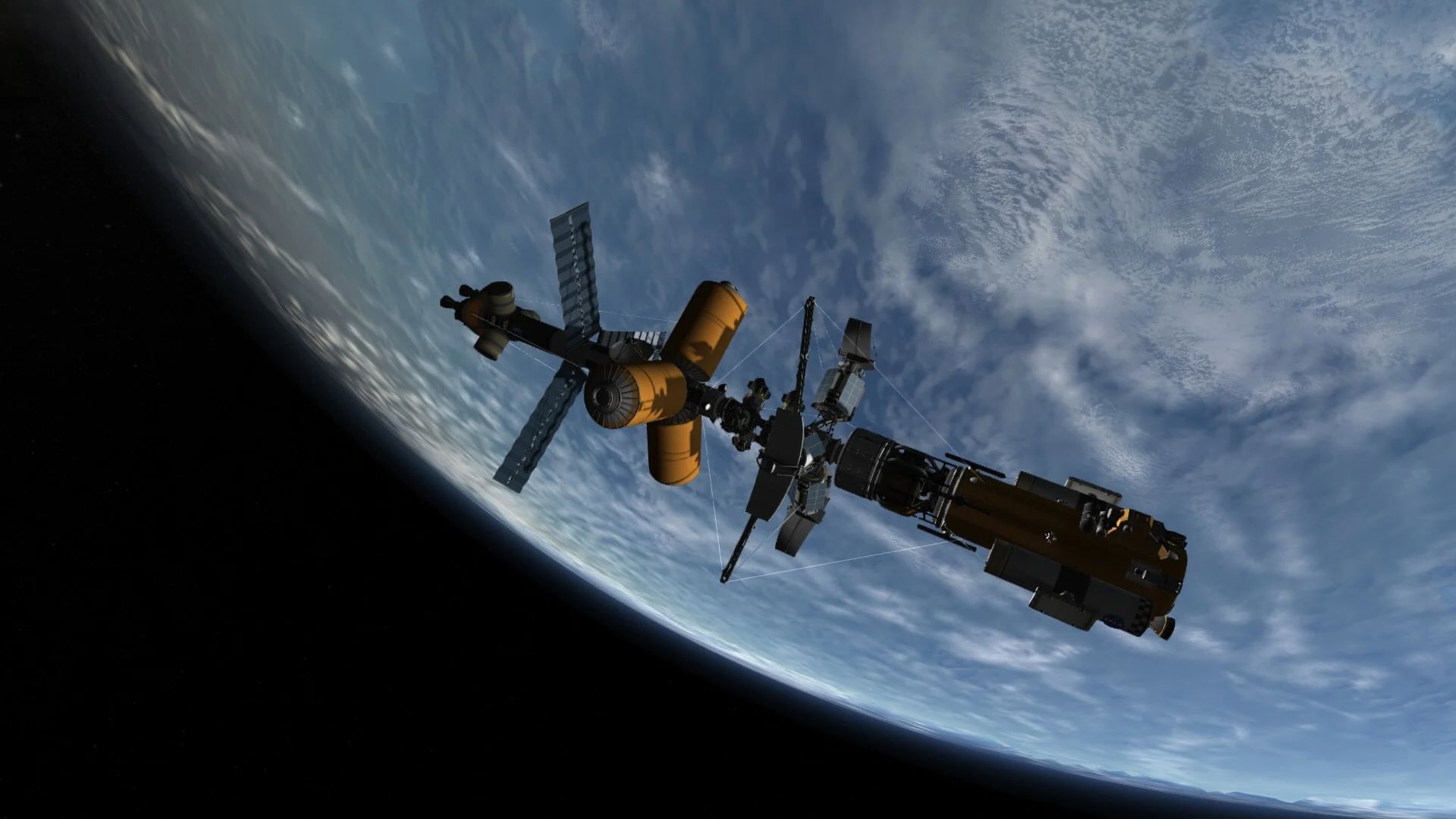
Ever wondered what it's like to travel between planets? Interplanetary travel isn't just science fiction anymore; it's a real possibility. With advancements in technology, humans are closer than ever to exploring other worlds. From the challenges of zero gravity to the mysteries of Mars, there's so much to learn. Did you know that a trip to Mars could take around seven months? Or that astronauts need special suits to protect them from cosmic radiation? Buckle up as we journey through 27 mind-blowing facts about interplanetary travel. Whether you're a space enthusiast or just curious, these facts will leave you starstruck!
Interplanetary Travel: A Fascinating Journey
Interplanetary travel has always captured human imagination. From ancient myths to modern science fiction, the idea of exploring other planets is thrilling. Here are some intriguing facts about interplanetary travel.
-
The concept of interplanetary travel dates back to ancient times, with stories like the Greek tale of Icarus and Daedalus.
-
The first serious scientific proposal for space travel came from Konstantin Tsiolkovsky, a Russian scientist, in the late 19th century.
-
NASA's Apollo missions were the first to successfully land humans on another celestial body, the Moon, in 1969.
-
The Voyager probes, launched in 1977, are the farthest human-made objects from Earth, currently in interstellar space.
The Challenges of Interplanetary Travel
Traveling between planets isn't easy. Numerous challenges must be overcome to make interplanetary travel a reality.
-
One of the biggest challenges is the vast distance between planets. For example, Mars is about 225 million kilometers away from Earth.
-
Spacecraft must travel at incredibly high speeds to cover these distances in a reasonable time. The Parker Solar Probe, for instance, travels at speeds up to 700,000 km/h.
-
Radiation exposure in space is a significant concern. Without Earth's protective atmosphere, astronauts are exposed to harmful cosmic rays.
-
Microgravity affects the human body in various ways, including muscle atrophy and bone density loss.
Technological Innovations
Advancements in technology are crucial for making interplanetary travel feasible. Here are some key innovations.
-
Ion propulsion systems, which use electrically charged particles to generate thrust, are more efficient than traditional chemical rockets.
-
Nuclear thermal propulsion could potentially reduce travel time to Mars by half compared to current methods.
-
SpaceX's Starship, designed for interplanetary travel, aims to carry up to 100 passengers to Mars.
-
The development of artificial gravity systems could help mitigate the effects of long-term weightlessness on astronauts.
Human Missions to Mars
Mars is the most likely candidate for human colonization. Let's look at some facts about missions to the Red Planet.
-
NASA's Artemis program aims to return humans to the Moon by 2024 as a stepping stone for Mars missions.
-
The Mars One project, though currently defunct, aimed to establish a permanent human settlement on Mars by 2027.
-
The first human mission to Mars is expected to take place in the 2030s, with NASA and SpaceX leading the efforts.
-
Mars has a thin atmosphere composed mostly of carbon dioxide, making it challenging for humans to breathe without assistance.
The Search for Life
One of the most exciting aspects of interplanetary travel is the search for extraterrestrial life.
-
Mars has been a primary focus in the search for life due to evidence of past water flow on its surface.
-
Europa, one of Jupiter's moons, has a subsurface ocean that could potentially harbor life.
-
The discovery of extremophiles on Earth, organisms that can survive in extreme conditions, has expanded the possibilities for life on other planets.
-
The SETI (Search for Extraterrestrial Intelligence) Institute uses radio telescopes to listen for signals from alien civilizations.
The Future of Interplanetary Travel
What does the future hold for interplanetary travel? Here are some predictions and possibilities.
-
Space tourism could become a reality within the next few decades, with companies like Blue Origin and Virgin Galactic leading the way.
-
Terraforming, the process of modifying a planet's environment to make it habitable for humans, is a long-term goal for Mars.
-
Advances in biotechnology could enable humans to adapt to the harsh conditions of other planets.
-
The concept of a space elevator, a tethered structure reaching from Earth's surface into space, could revolutionize space travel by reducing launch costs.
International Collaboration
Interplanetary travel requires global cooperation. Various countries and organizations are working together to achieve this goal.
-
The International Space Station (ISS) is a prime example of successful international collaboration in space.
-
The European Space Agency (ESA) and Roscosmos, Russia's space agency, are key partners in Mars exploration missions.
-
China's space program has ambitious plans, including a Mars mission and a lunar base by the 2030s.
The Final Frontier
Space is full of wonders and mysteries. From the icy moons of Jupiter to the red sands of Mars, each fact about our solar system adds a piece to the puzzle of the universe. Interplanetary travel might seem like science fiction now, but with advancements in technology, who knows what the future holds?
Understanding these facts not only fuels our curiosity but also inspires the next generation of astronomers and engineers. Keep looking up, keep asking questions, and never stop exploring. The cosmos is vast, and there's always something new to learn.
Remember, every discovery starts with a single question. So, what's your next question about the universe?
Was this page helpful?
Our commitment to delivering trustworthy and engaging content is at the heart of what we do. Each fact on our site is contributed by real users like you, bringing a wealth of diverse insights and information. To ensure the highest standards of accuracy and reliability, our dedicated editors meticulously review each submission. This process guarantees that the facts we share are not only fascinating but also credible. Trust in our commitment to quality and authenticity as you explore and learn with us.
